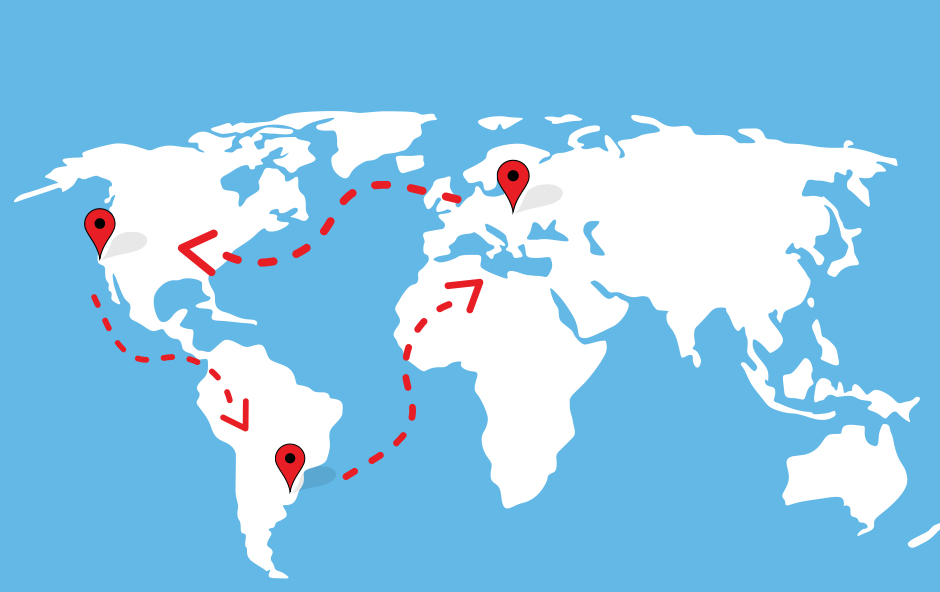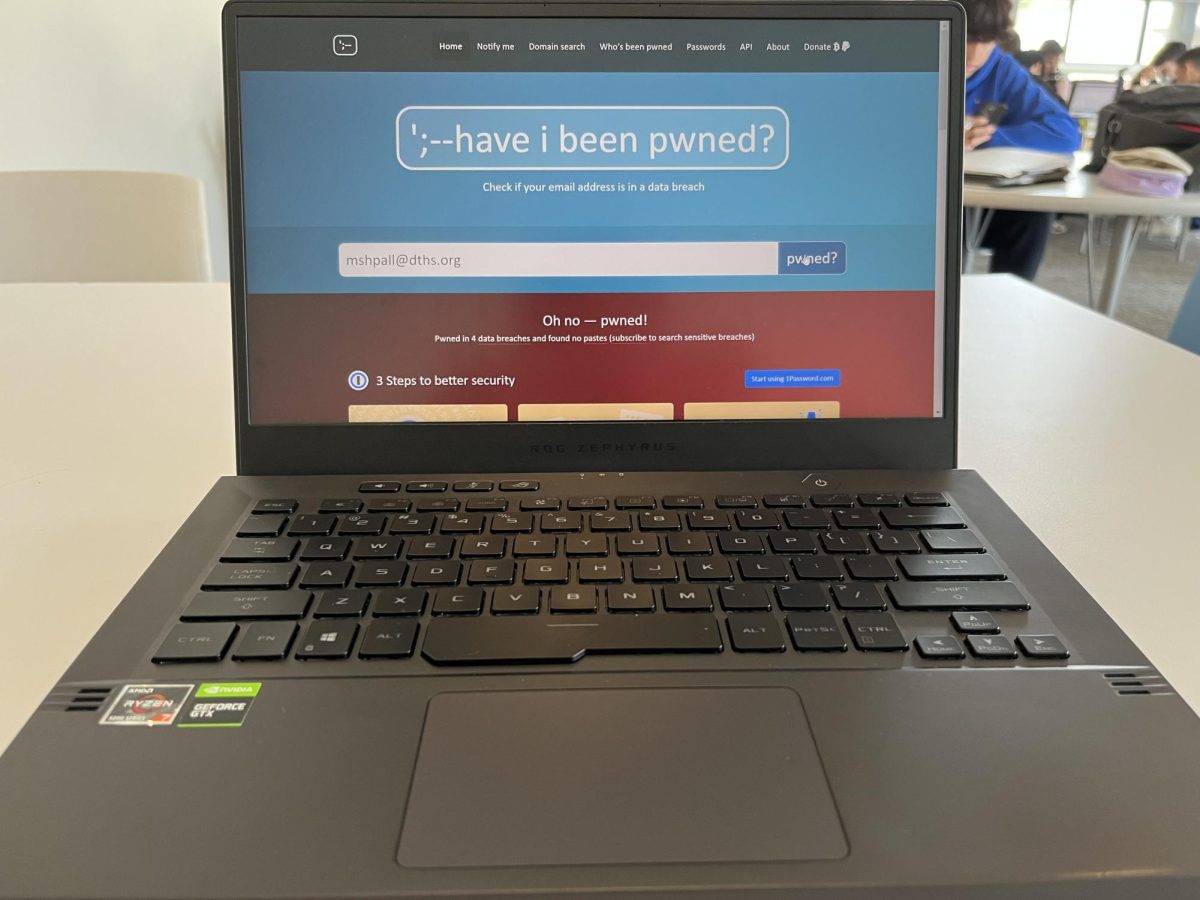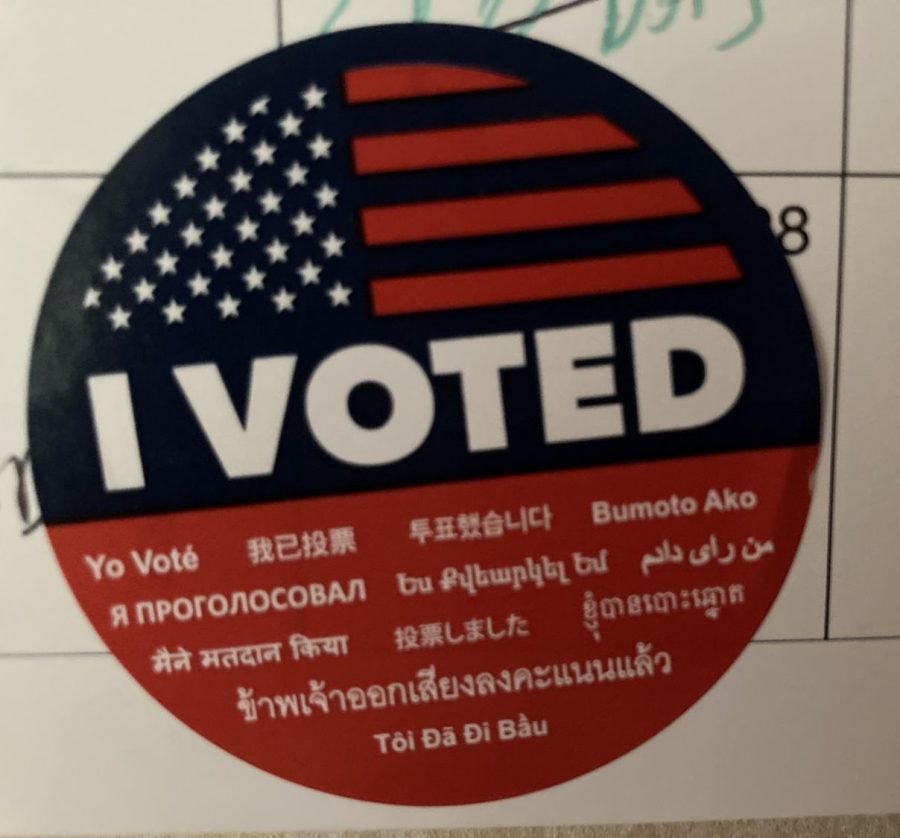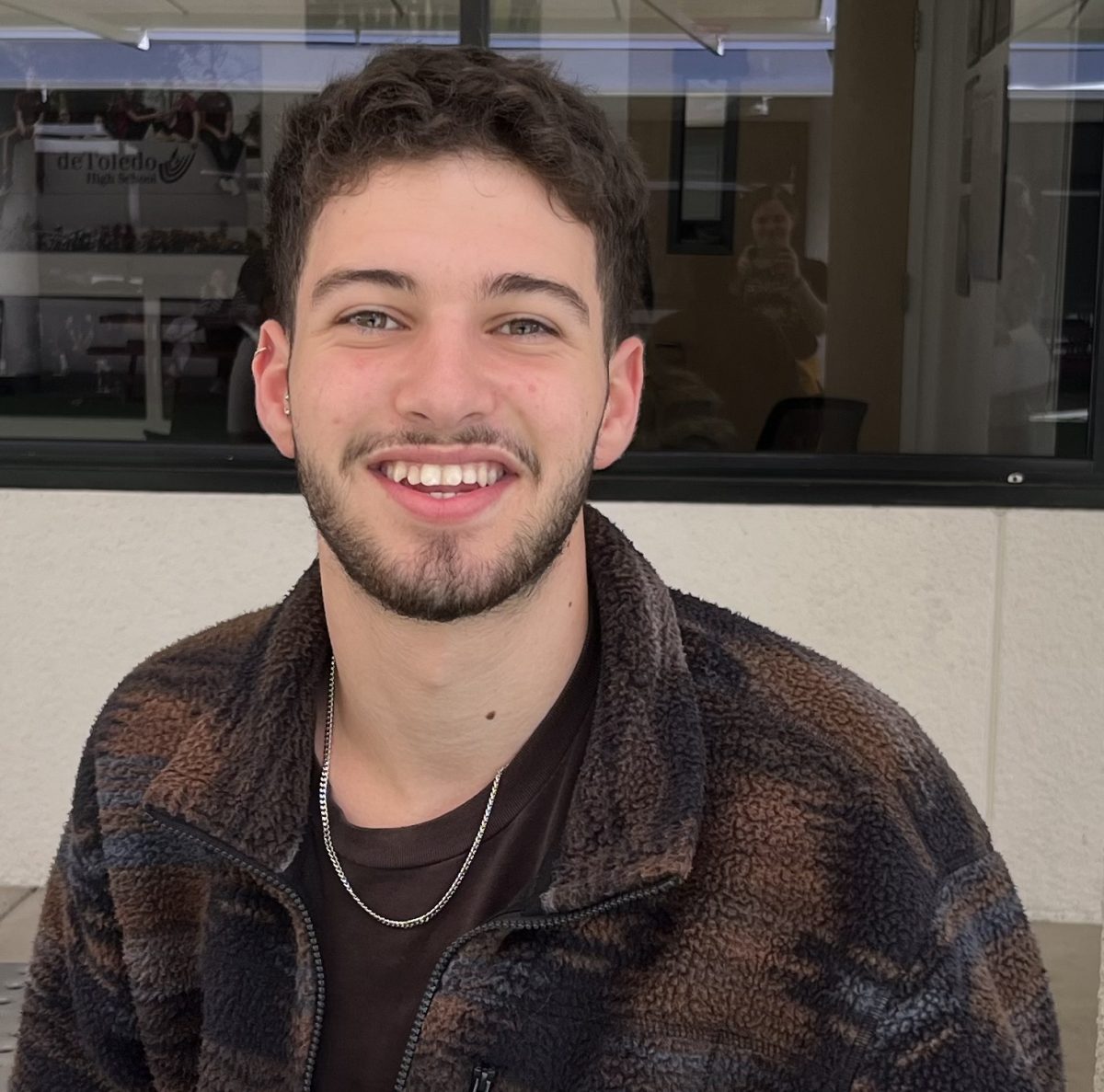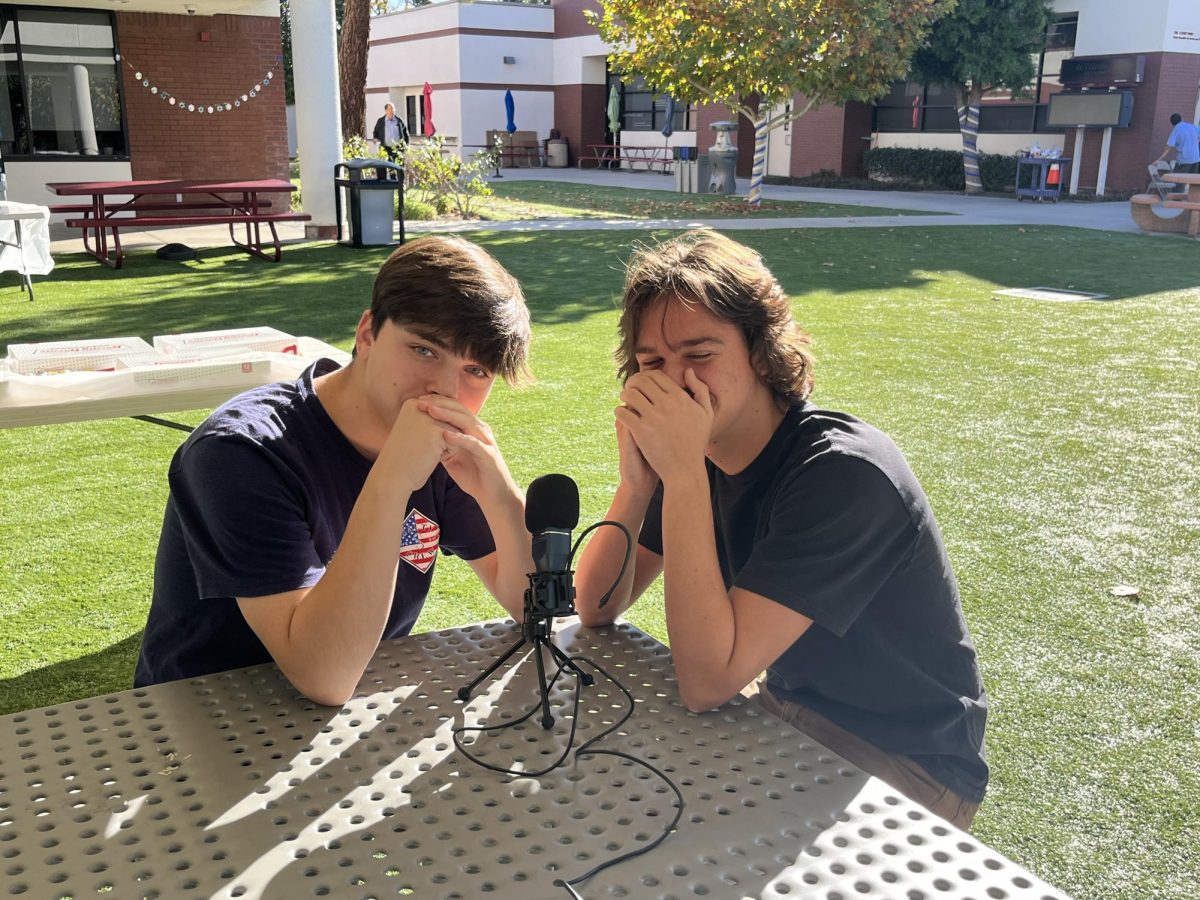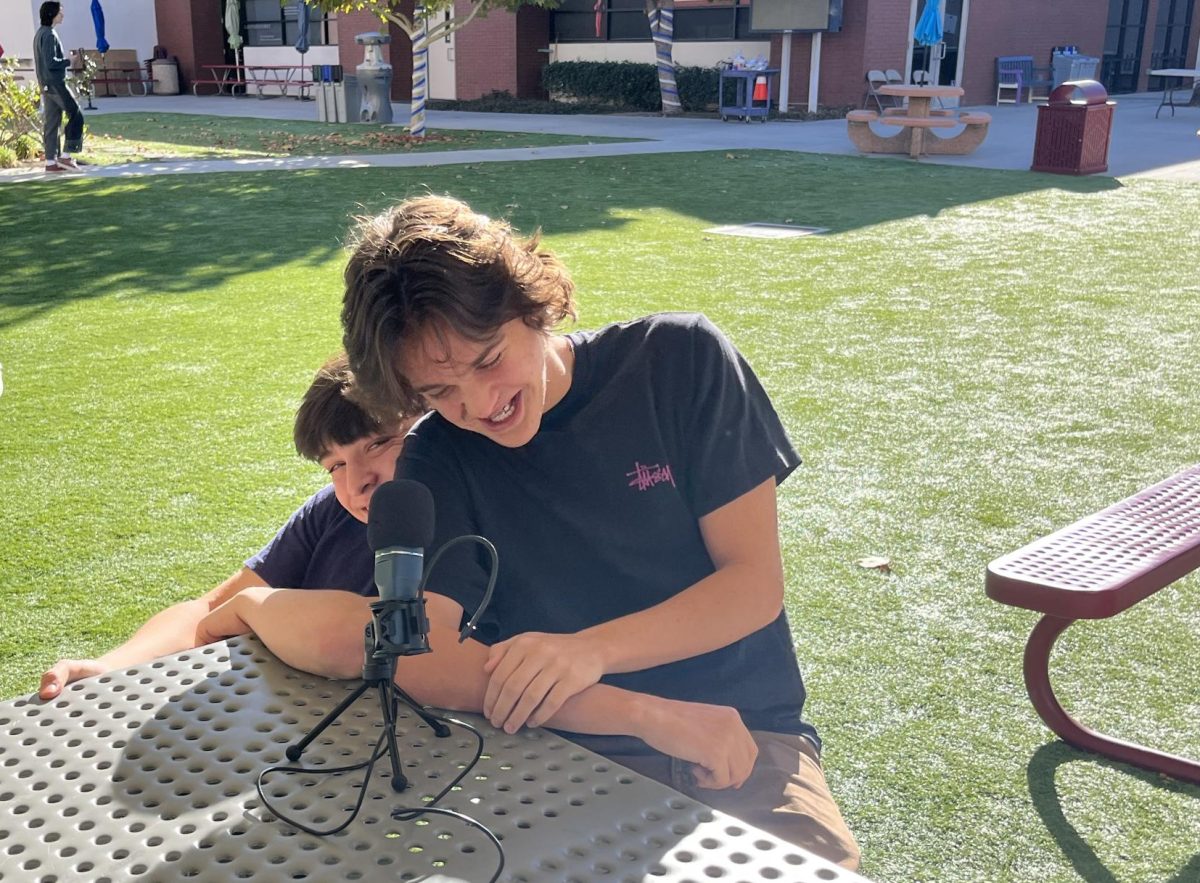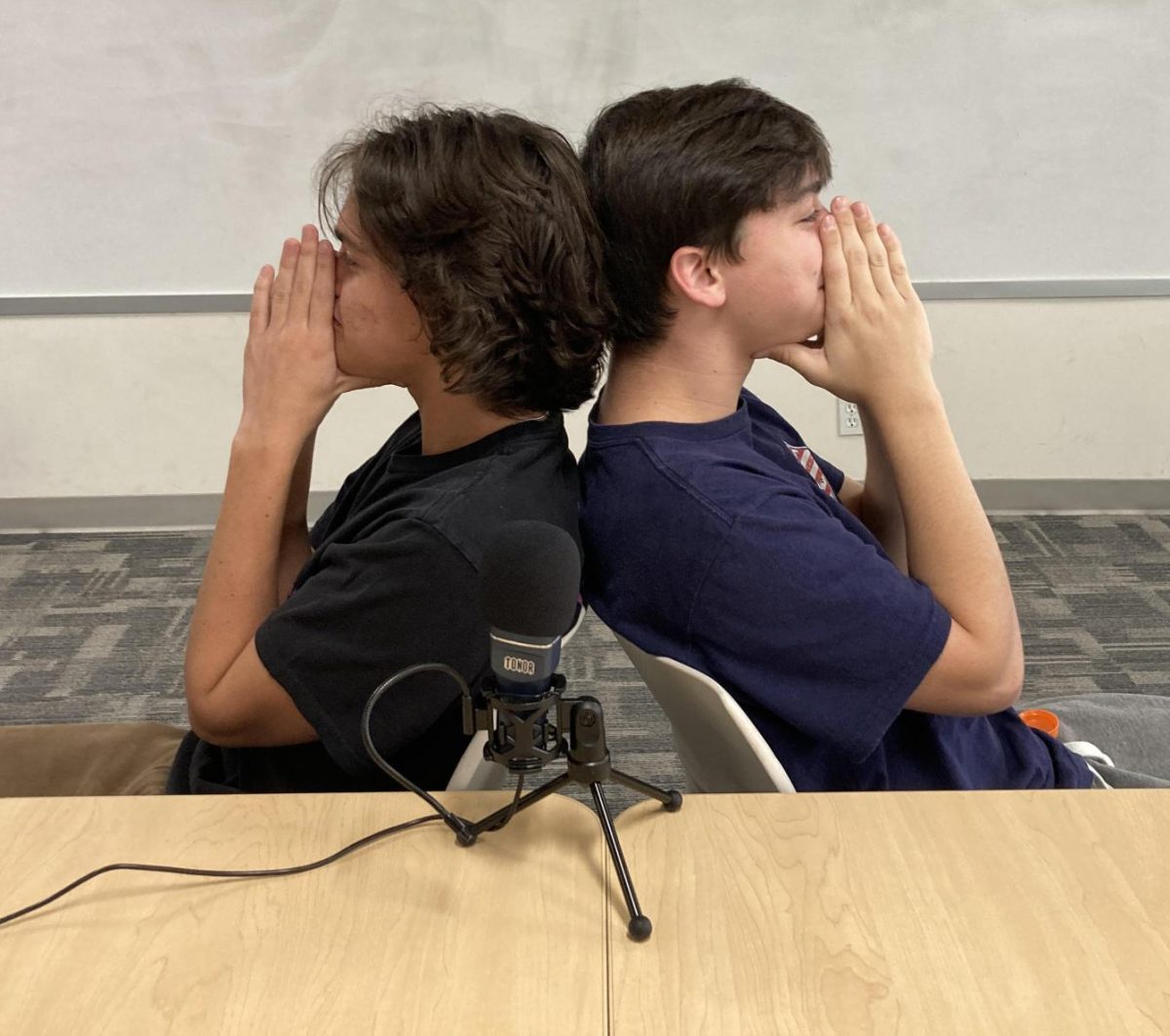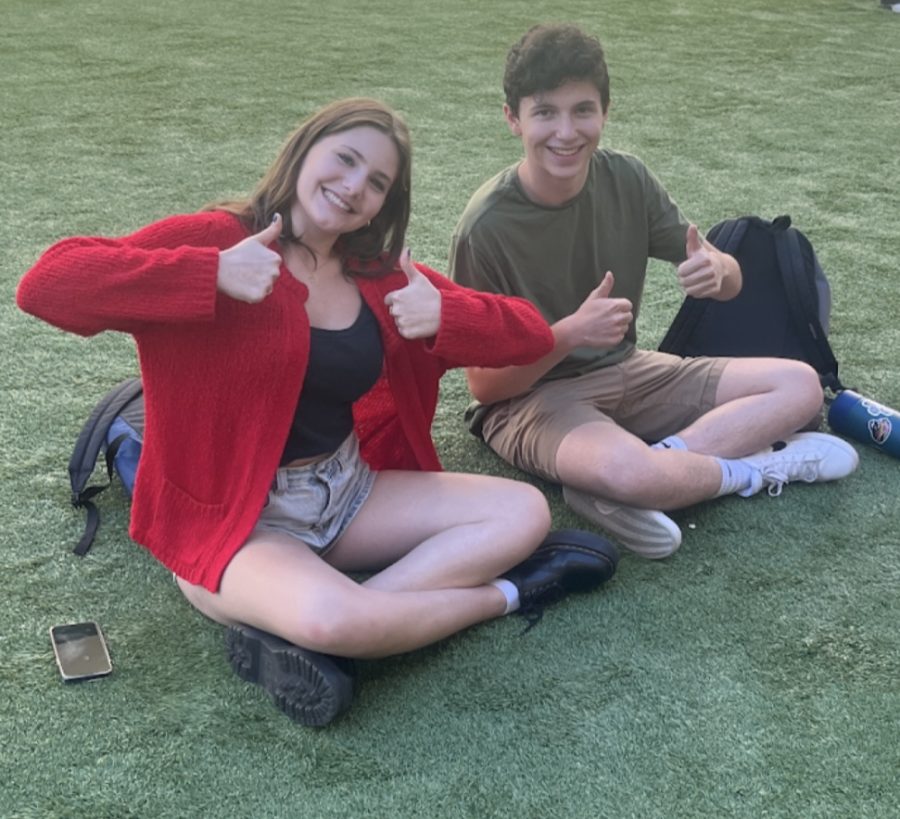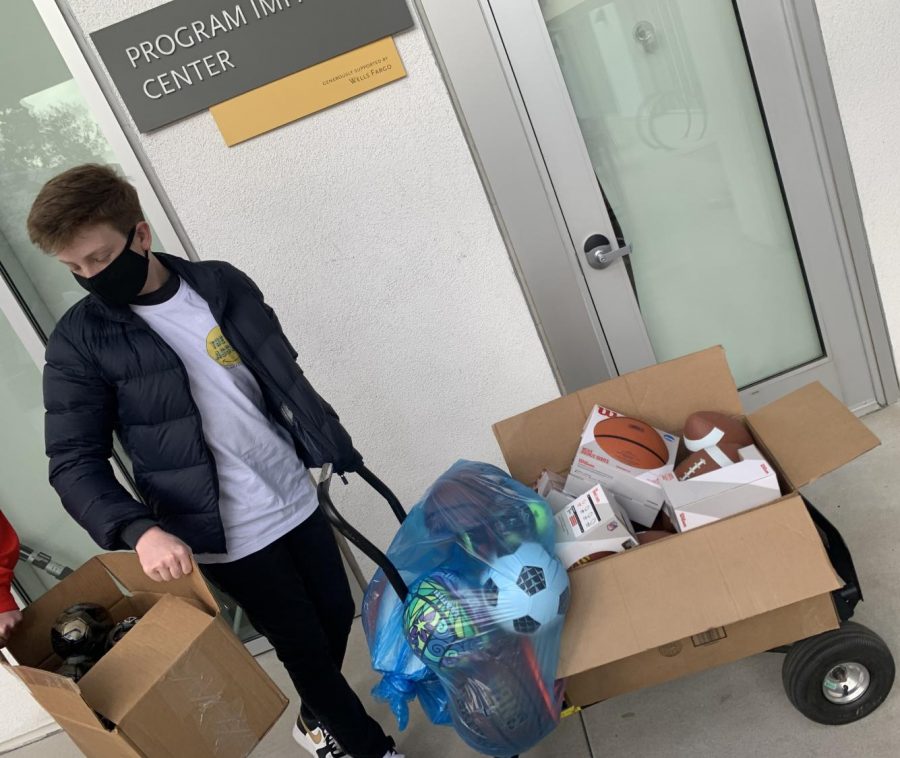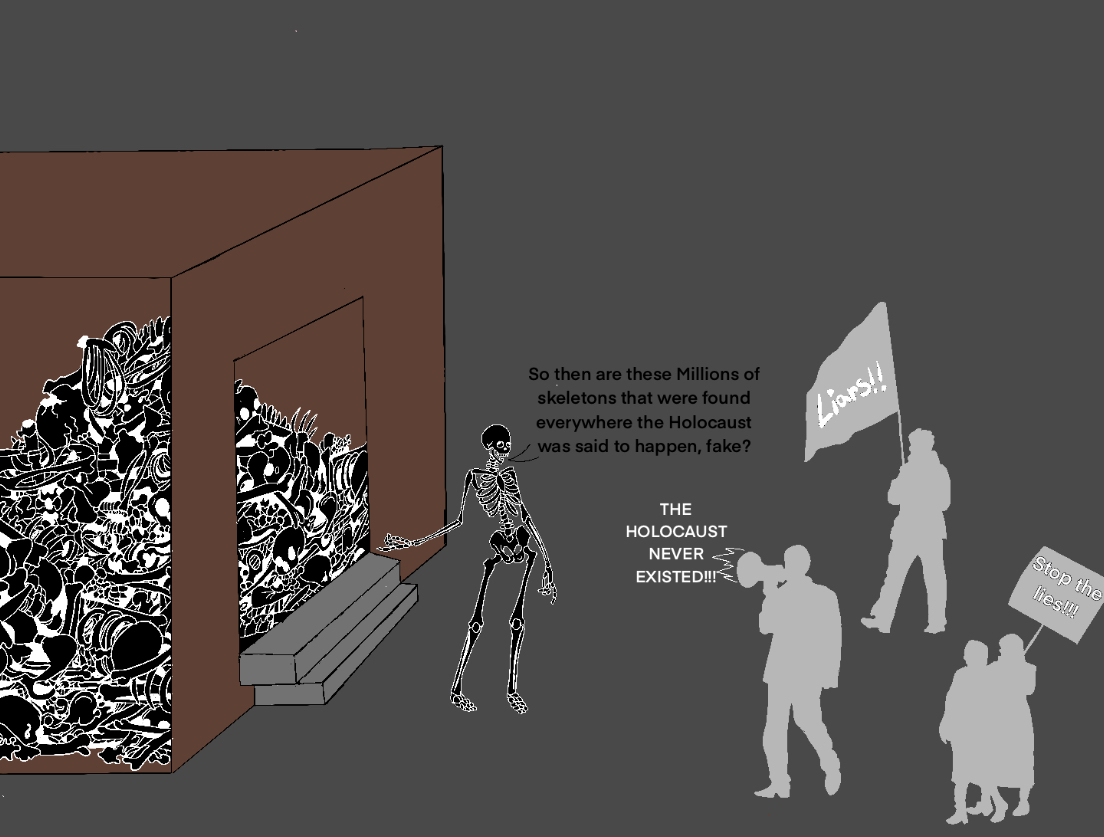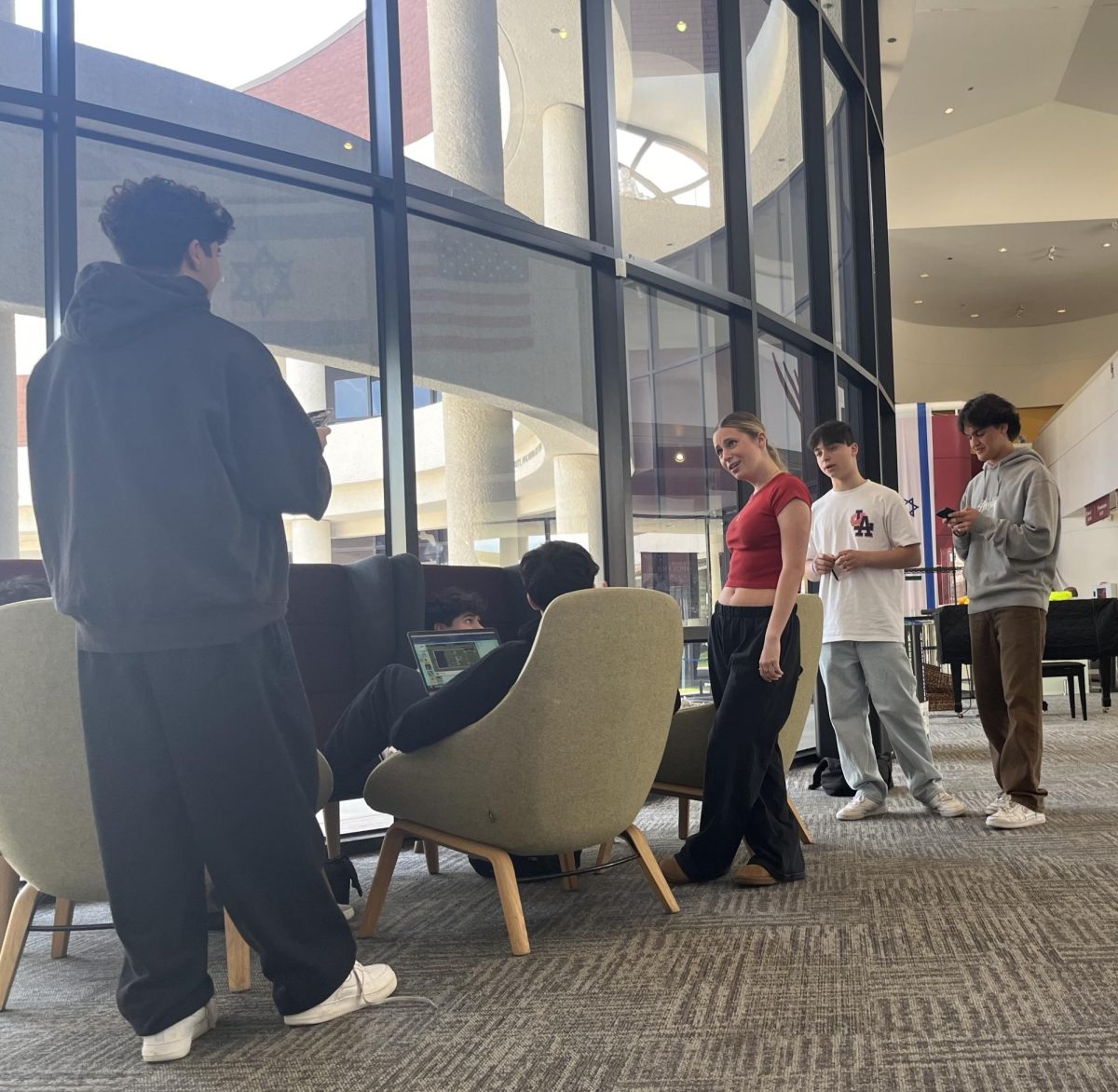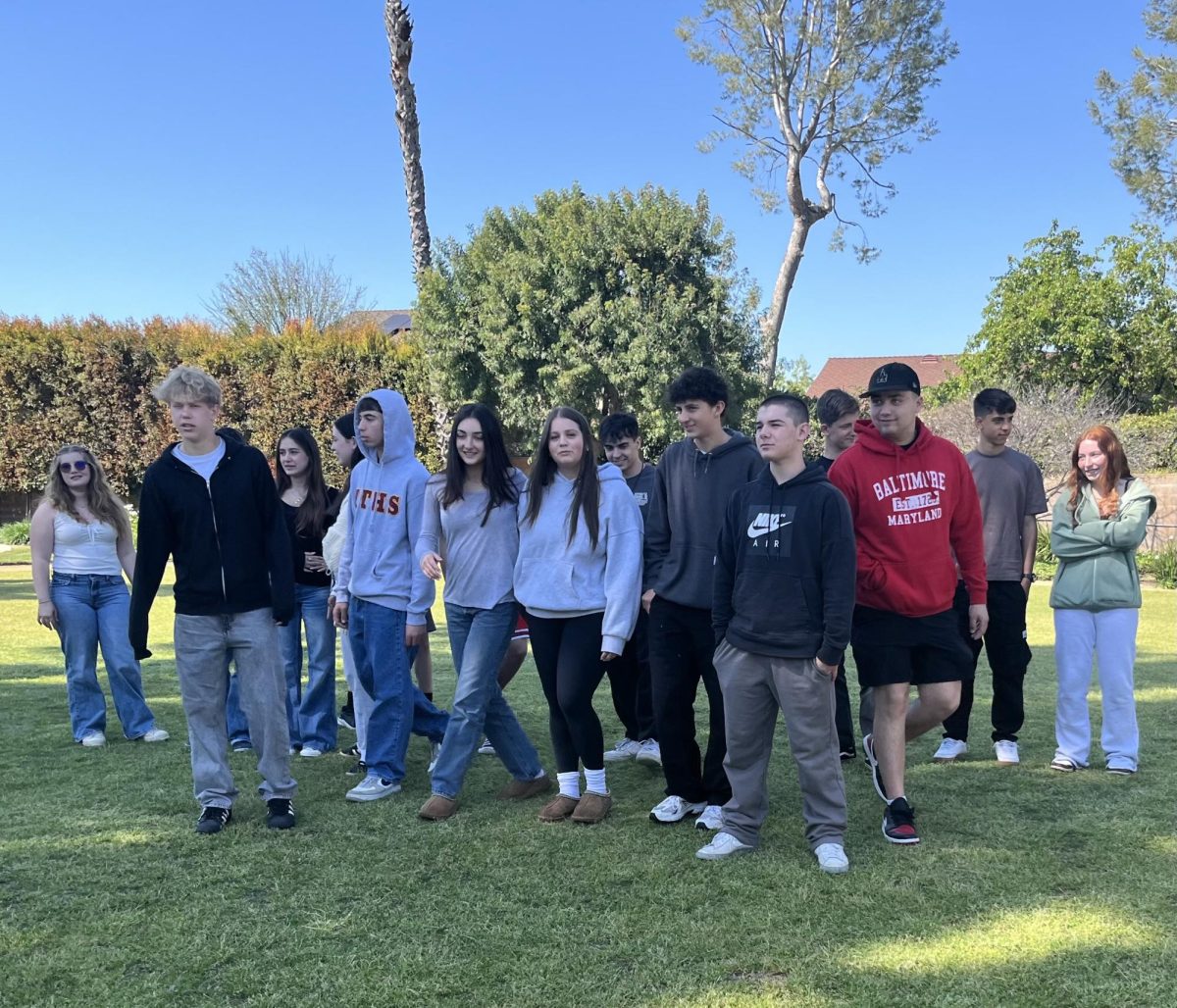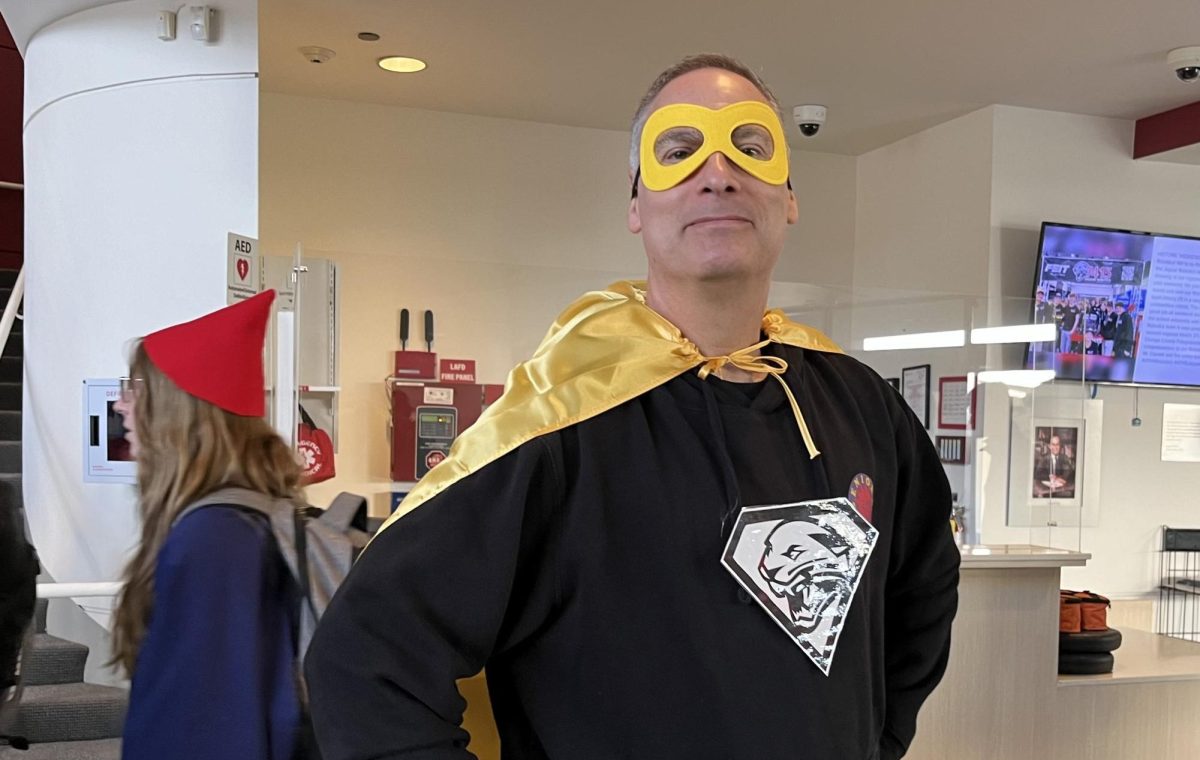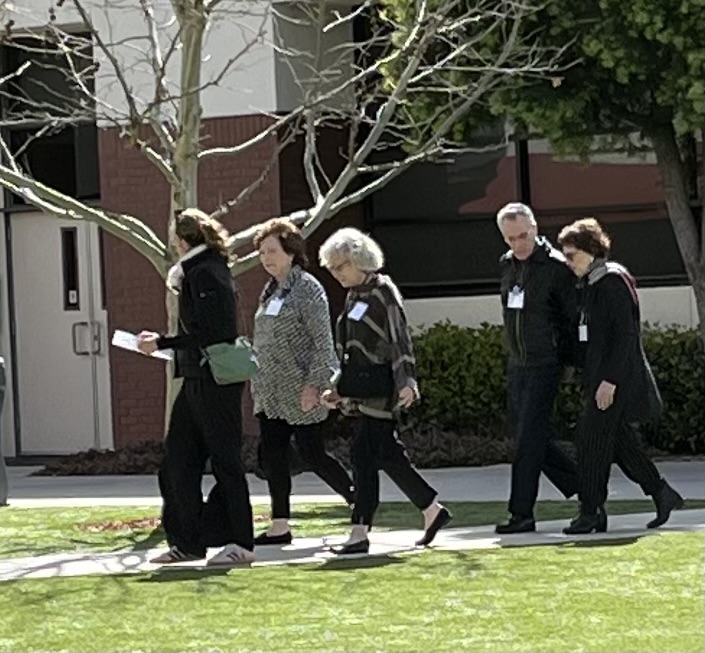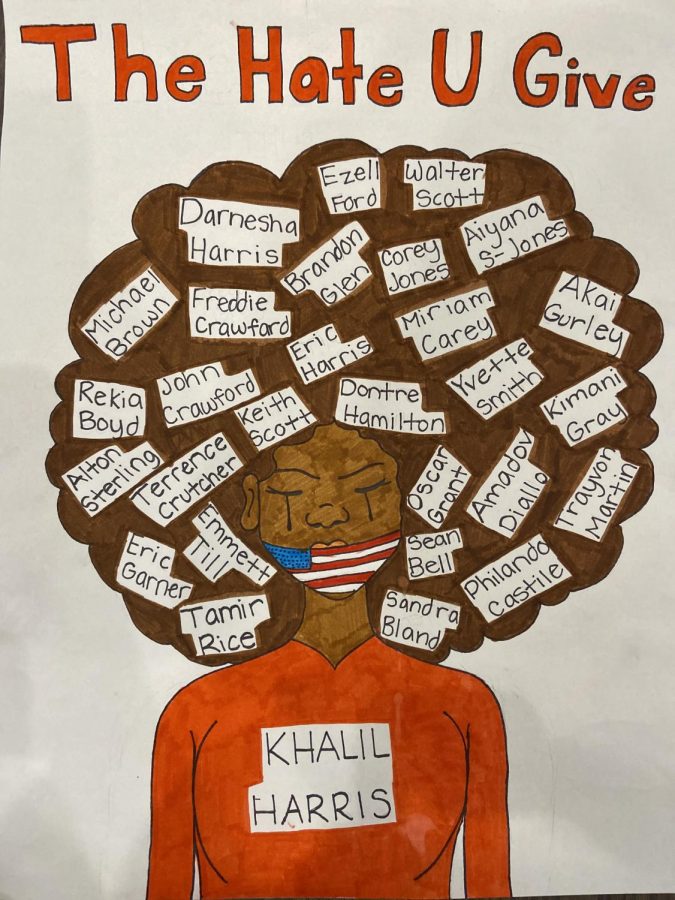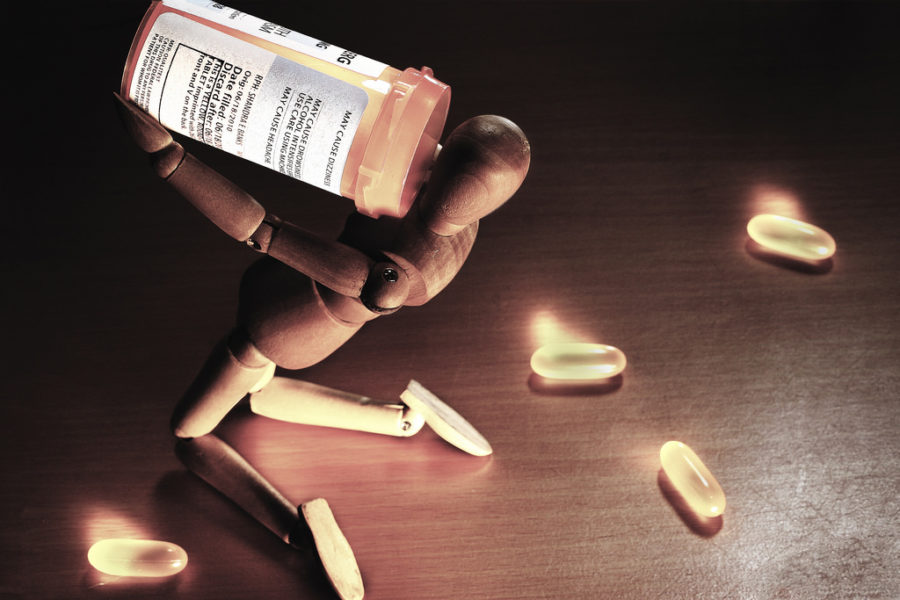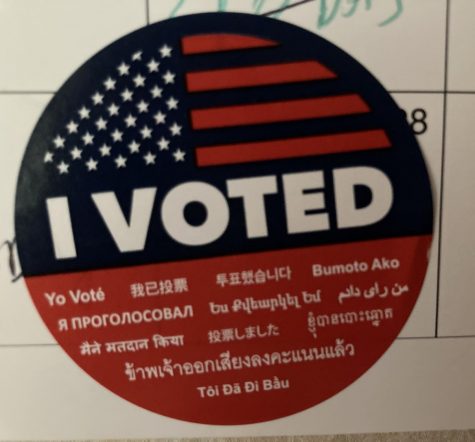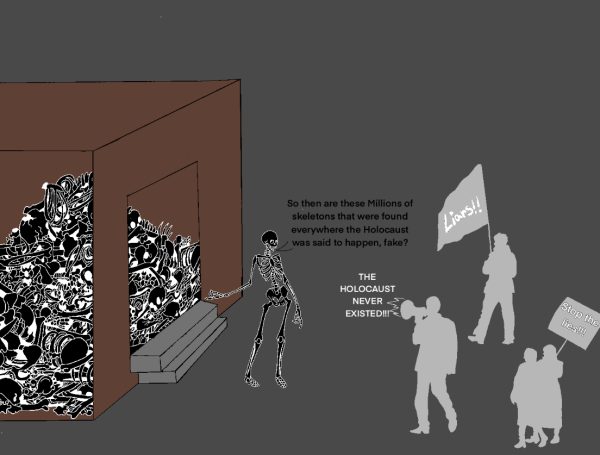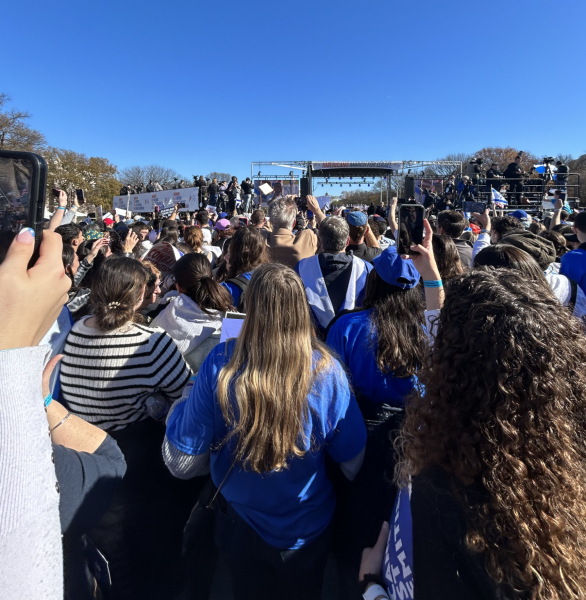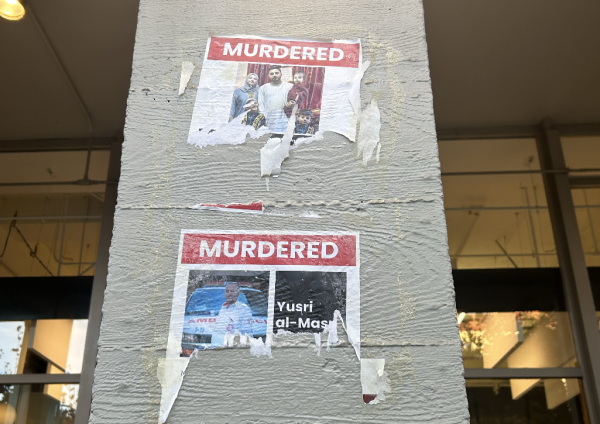We Must Act to Combat Opioid Addiction
November 8, 2017
Our country is currently facing an opioid crisis that is crippling much of the nation.
Street use of heroin and overprescription by doctors of opiates in medicine have contributed to this epidemic. Opiates are used in drugs such as morphine, oxycodone (Percocet), hydrocodone (Vicodin, Lortab), codeine, and fentanyl. People overdose on these drugs and with recent modifications, even smaller doses have proven to be lethal. Citizens all over the country are using opium, and some police officers have even been equipped with detectors (similar to those that show whether a person is under the influence of alcohol) that tell them if a person is on opium.
President Trump has recently declared the opioid issue a “public health emergency.” This decision was made in an effort to call public attention to the epidemic, and hopefully get people to be aware of the state of the crisis, and possibly even prevent it. The president also announced that he will be employing the use of federal government agencies to help combat the issue. The hope is that this will inspire local health agencies to take notice and reach out to their communities to battle the growing trend of addiction.
According to the Center for Disease Control, 91 Americans die every day due to opioid-related causes, though many opioid deaths go unreported. What’s even more frightening than the already staggering number of impacted people by this crisis is that it continues to spread. We’re only just hearing about it now because it developed from a minor issue to a major dilemma in a short period of time, but it has now reached the status of a national public health emergency.
If we hadn’t allowed it to spread when it was at its very beginning stages, we wouldn’t be dealing with the scope of the emergency we have now. While the nation is taking steps to undo the disaster that is gripping it, it will take time to complete this process. We are only just beginning to take notice, and more importantly, take action.
The most effective way for the average person to take action in this situation is through spreading awareness and educating neighbors and friends. The more people there are who know about the consequences, the fewer people there will likely be who attempt this kind of risky behavior.
Just as important as preventing the spread of opioid use is reducing the production and distribution of it. There should be more severe requirements for doctors to be able to administer opioids to patients, and law enforcement must do more to eliminate street use of the drug. Opiates should be administered and used only when necessary for an individual’s medical health.
It is difficult to comprehend the scale of an epidemic such as this, particularly when no one within a person’s immediate circle of friends and family has been affected by it. However, with every passing day, 91 families lose a loved one, and 91 communities and inner circles of friends feel the impact of this epidemic.
It is too easy to remove ourselves from something being reported monotonously on the news, especially when it is happening to someone in another part of the country. This behavior, though, is as dangerous as encouraging the crisis. When we don’t actively combat the spread of this addiction, we are allowing it to continue, and allowing other Americans to hurt themselves and those around them.
We cannot expect life’s problems to fix themselves without acting upon them. What we allow, we encourage, and so must not remove ourselves from the ugly truths of our nation and our world if we wish to terminate them.



